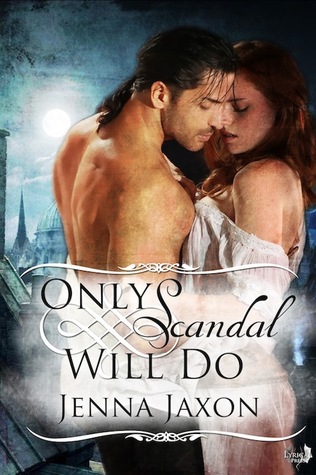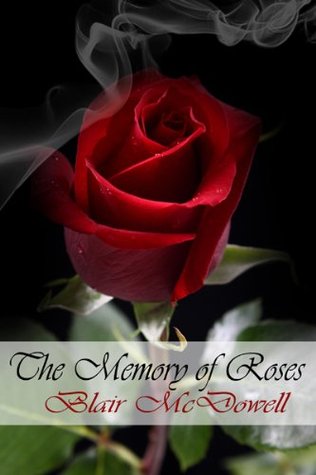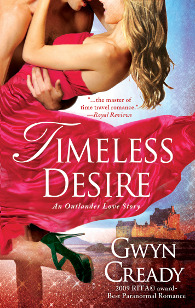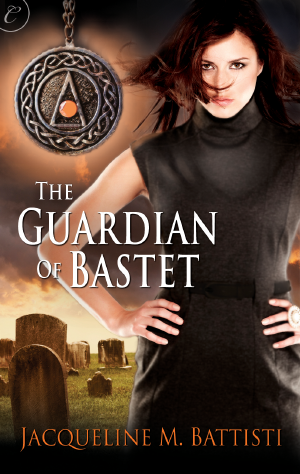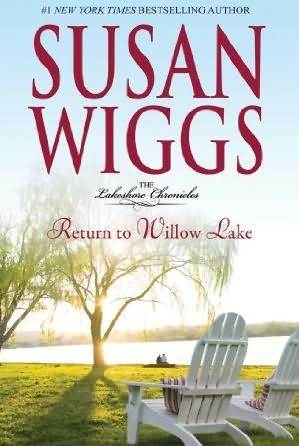 Gwyn Cready is my guest today at Reading Reality. Of course, Gwyn’s not really here to talk about reality, she’s here to talk about time-travel in romance. I’ll confess that the heroine of her latest time-bending romance, Timeless Desire, has an extra-special place in my heart, because Panna is not just a heroine, she’s a librarian! What could be more awesome? (The story is terrific, too. Check out my review and see for yourself)
Gwyn Cready is my guest today at Reading Reality. Of course, Gwyn’s not really here to talk about reality, she’s here to talk about time-travel in romance. I’ll confess that the heroine of her latest time-bending romance, Timeless Desire, has an extra-special place in my heart, because Panna is not just a heroine, she’s a librarian! What could be more awesome? (The story is terrific, too. Check out my review and see for yourself)
Now let’s hear Gwyn talk about time-travel and Pee-Wee Herman…but not, thank goodness, at the same time.
Marlene: Introduce yourself to us. Tell us a little bit about Gwyn Cready, and what she does when she’s not writing.
Gwyn: I love movies. My husband and I pop out to films all the time. One of our favorite theaters is a single-screen theater in Dormont, Pennsylvania, called the Hollywood. They pop their own popcorn, and they even have a balcony. You just don’t see that a lot anymore. We just saw the third Indiana Jones movie there. Next up: PeeWee’s Big Adventure!
Marlene: You’ve written several time-travel romances. What draws you to time-travel romances in particular?
Gwyn: I love the idea of playing with time. It opens up so many possibilities for characters. In a romance—at least a properly written one—you know the story is going to end with the characters in a happy ever after. But a time travel romance adds a whole other layer of tension for the reader by making you wonder which time period will win out for the couple and how. Moreover, you want your hero and heroine to clash. What could be more clash-inducing than coming from different eras?
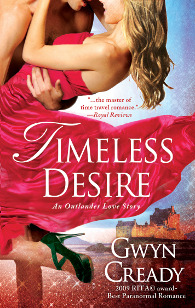 Marlene: And what inspired you to choose the Scots border in the early 1700s for Timeless Desire?
Marlene: And what inspired you to choose the Scots border in the early 1700s for Timeless Desire?
Gwyn: A lot of my books have characters from or action that takes place in the borderlands of England and Scotland. The dawn of the 1700s was a very interesting time. Scotland is teetering on the edge of losing its independence. The Age of Enlightenment is pushing the men who live and die by their swords into a world where thinking and science are revered. The clans are at their peak. And, of course, the kilts.
Marlene: Libraries are gateways to magical worlds, but was there a specific library (or librarian!) that you were thinking of when you set the modern-day parts of the story in a public library?
Gwyn: To be fair, I’ve been helped by so many librarians over the years. This was a little shout-out to all of them. I know a lot of people, including me, who think librarians are among the luckiest people on earth, since they spend all their time around books. My cousin, Donna, is a librarian, and she always seems aglow when she’s at work. Another close friend, Manuel, is a music librarian at UC Berkeley. He’s my go-to person for special research needs—and not just ones involving music. Many an article that resulted in an interesting plot twist or essential character attribute have come winging their way into my in-box from him.
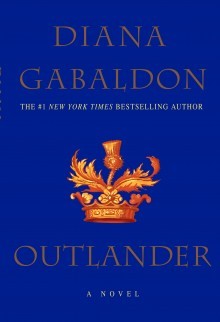 Marlene: What do you think about the inevitable comparisons between Timeless Desire and Diana Gabaldon’s Outlander?
Marlene: What do you think about the inevitable comparisons between Timeless Desire and Diana Gabaldon’s Outlander?
Gwyn: Outlander is the book that inspired me to become a romance novelist. No writer will ever come close to creating the world and hero that Gabaldon did. That won’t stop us from trying.
Marlene: Who first introduced you to the love of reading?
Gwyn: My mom loved to read. Her two great joys in life were reading and playing bridge. I think I failed her on the bridge front, though. I do not have the brain for bridge. My husband, a casual player, will be watching me struggle to figure out which card to play. He’ll finally say, “For goodness sake, please play the jack. Everyone knows you have it.”
Marlene: Who influenced your decision to become a writer?
Gwyn: My younger sister, Claire. It was her unexpected death at age 31 that make me want to become a writer. She was the artsy one in the family—a poet and photographer. I was the upright businesswoman. I wanted to do something to honor her memory. I started writing the month after she died. Eleven years later, my first book was published. It’s dedicated to her.
 Marlene: What book would you recommend that everyone should read, and why?
Marlene: What book would you recommend that everyone should read, and why?
Gwyn: Outlander, of course. Jamie Fraser is the most romantic, honorable and well-crafted romance hero ever written. The entire Patrick O’Brian Master and Commander series. The New York Times called it “the best historical fiction ever written.” I agree. I’ve read or listened to each of the twenty books at least three times. And I’d throw The Time Traveler’s Wife on the list as well.
Marlene: Speaking of good books, there’s something in Timeless Desire that made me wonder about this. Have you read Dorothy Dunnett’s Lymond series?
Gwyn: I have not. And now I’m very curious as to what made you wonder that.
Marlene: Can you tell us a little bit about your next project? What is next on your schedule?
Gwyn: I have two next projects (ah, a writer’s life, eh?) One is a memoir about losing my sister and finding her again through her friends. The other is a time travel romance trilogy about three extraordinary women on—where else?—the borderlands of England and Scotland.
Marlene: Now can you tell us 3 reasons why people should read your books?
Gwyn: Location, location, location? Kidding. First, the heroes are always smart, wry and totally dedicated to the heroine’s happiness. Second, the heroines are real-world, kick-ass women, very much like the women who read my books (and me, might I add.) Third, there’s always that hint of Colin Firth in the air.
Marlene: Coffee or Tea?
Gwyn: Oh, coffee. Perfect cup for me: an ancho chile mocha latte. Ooh, I can almost feel my tongue tingling.
While I never did quite get Colin Firth, I’m totally behind The New York Times on Patrick O’Brian’s series, also known as the Aubrey-Maturin series.
All I’ll say about Lymond is that Dorothy Dunnett’s Lymond Chronicles are also set in the Scots border country, and at a period a bit earlier than Timeless Desire. But the endings have something in common. And I’ll leave it at that.
Thanks so much for answering all of my questions. Being a librarian myself, I just had to know every pesky detail!



